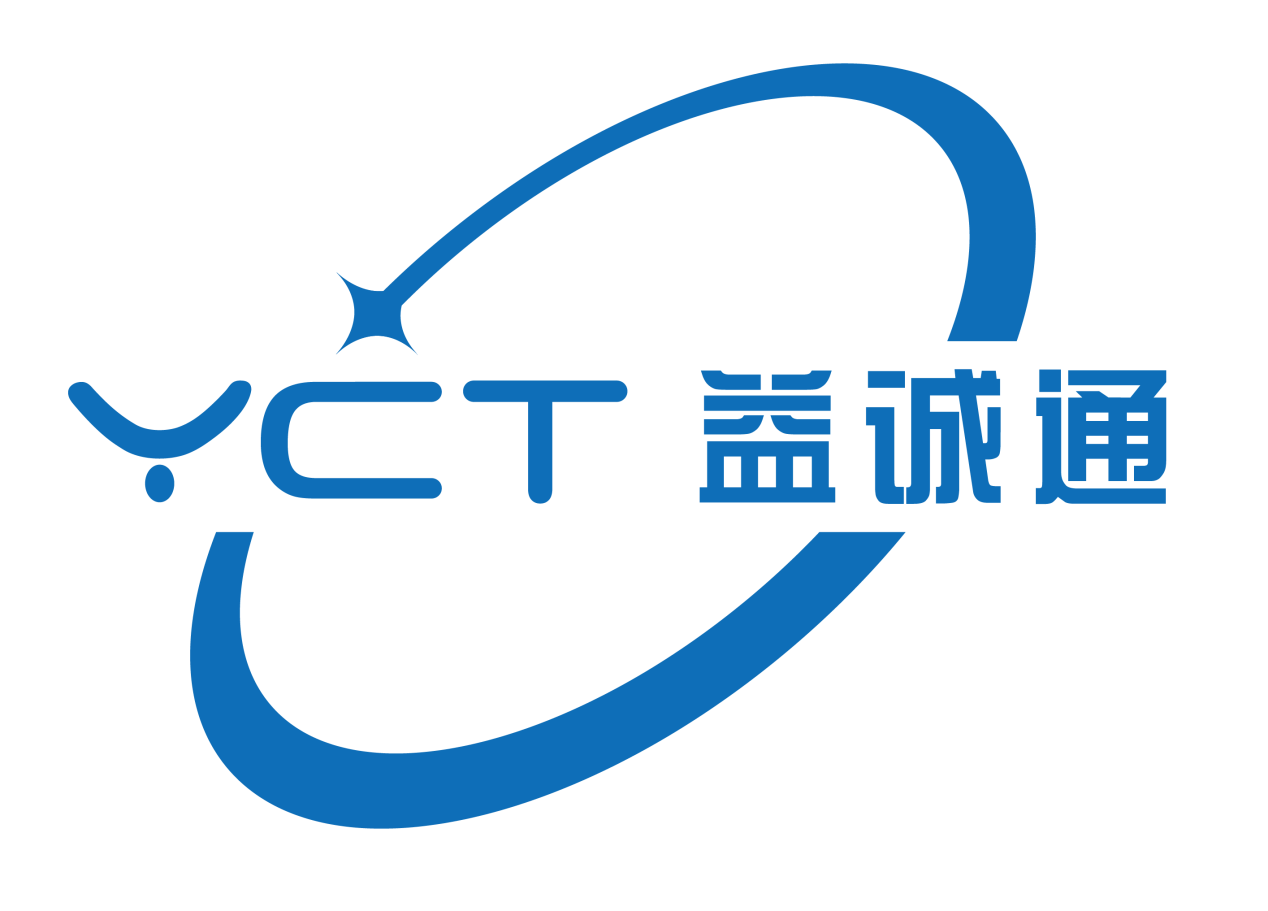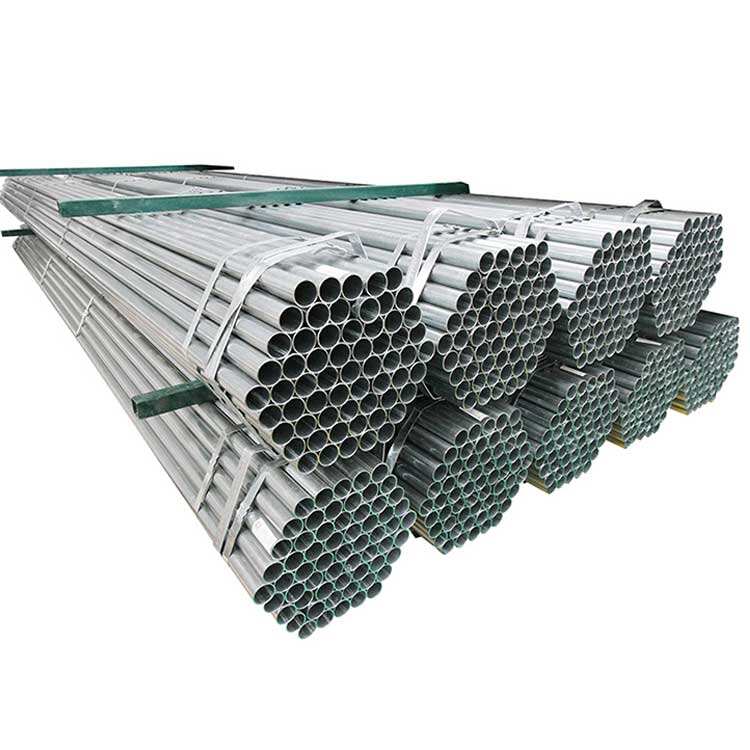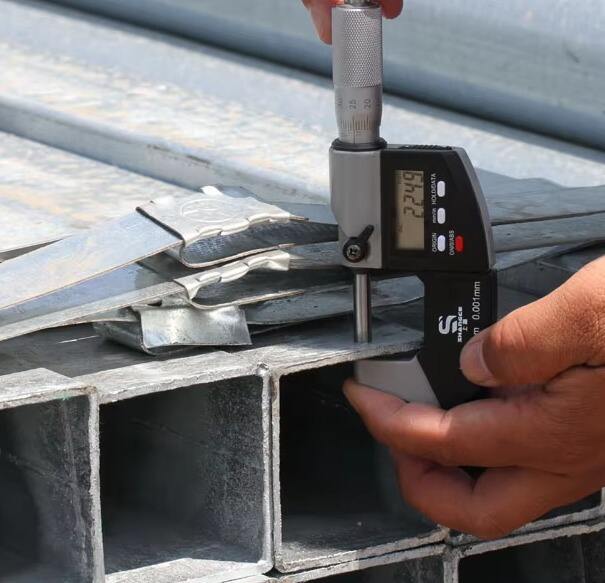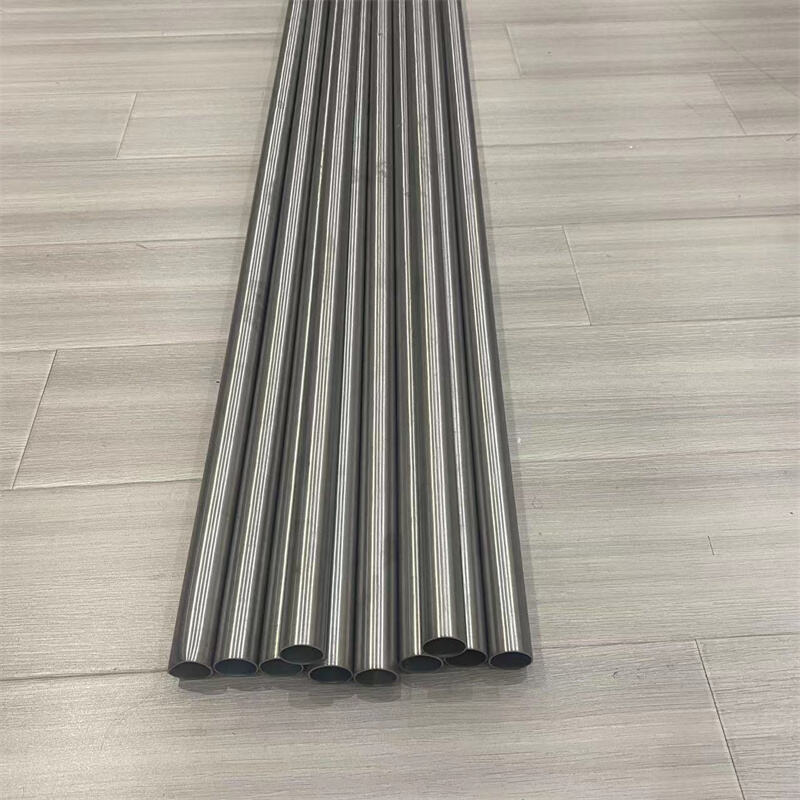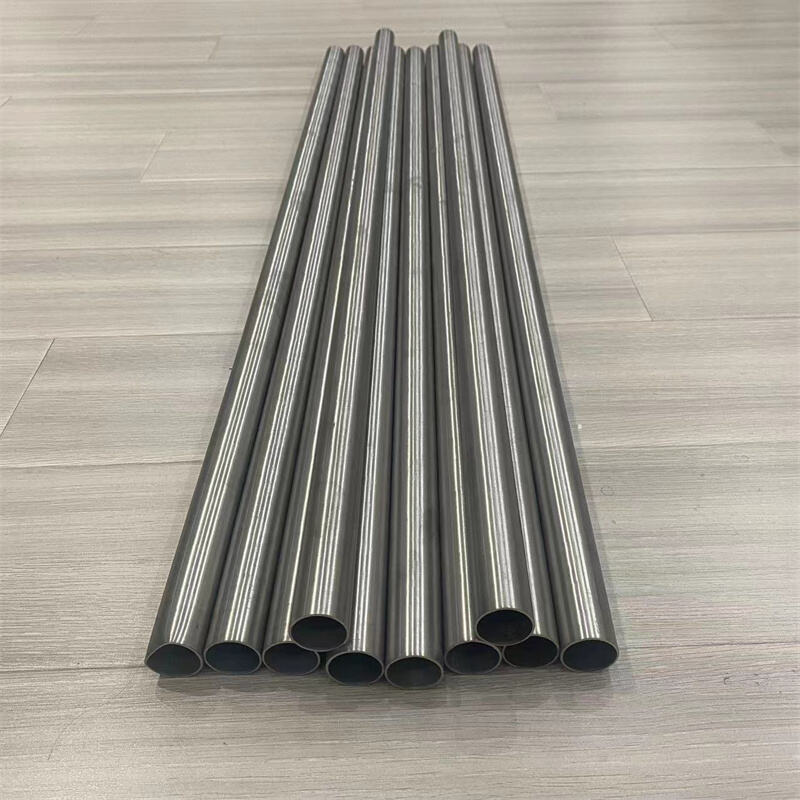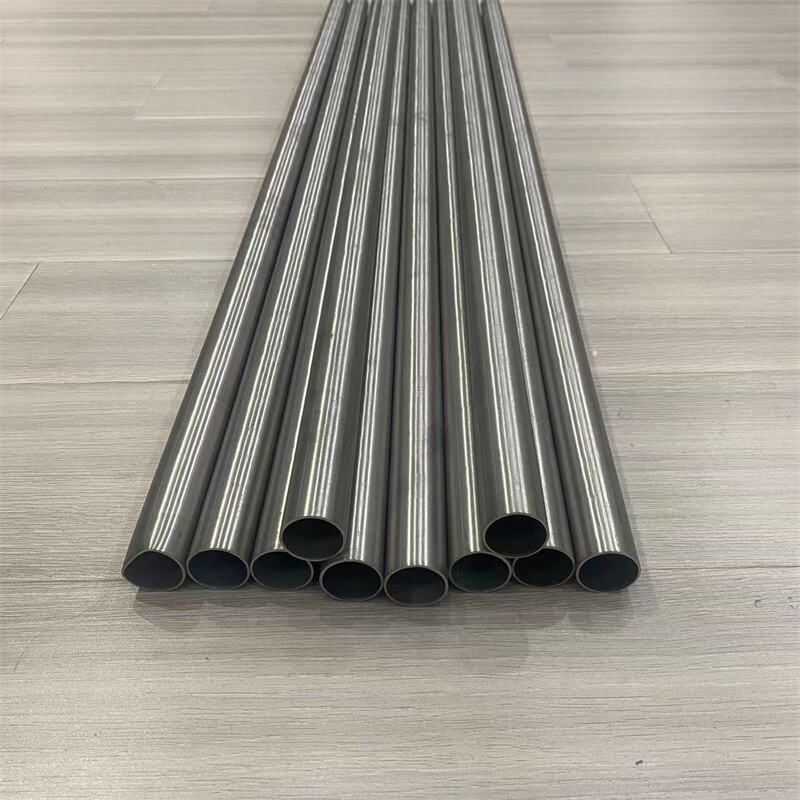titanium pipe for chemical processing
Titanium pipes for chemical processing represent a crucial advancement in industrial equipment, offering unparalleled performance in demanding chemical environments. These specialized pipes are engineered to withstand aggressive chemicals, extreme temperatures, and high-pressure conditions while maintaining structural integrity. Manufactured from high-grade titanium alloys, these pipes exhibit exceptional corrosion resistance against a wide range of chemical compounds, including acids, bases, and chlorides. The unique properties of titanium, including its high strength-to-weight ratio and remarkable durability, make these pipes ideal for chemical processing applications where material reliability is paramount. The pipes feature seamless construction and precise dimensional tolerances, ensuring optimal flow characteristics and minimal pressure drop. Their superior heat transfer properties facilitate efficient thermal management in chemical processes, while their smooth interior surfaces prevent product contamination and reduce maintenance requirements. These pipes are extensively used in petrochemical plants, pharmaceutical manufacturing, chlor-alkali production, and various other chemical processing industries where material integrity and process purity are essential. The titanium pipe's ability to maintain its properties under extreme conditions, combined with its long service life and minimal maintenance requirements, makes it an economically viable solution for chemical processing facilities despite its initial higher investment cost.
